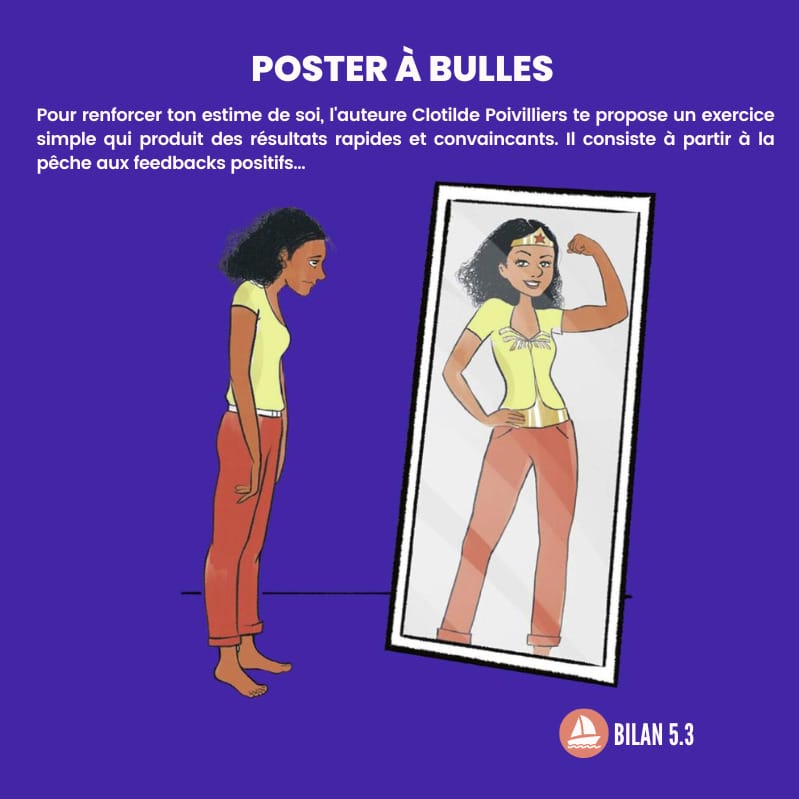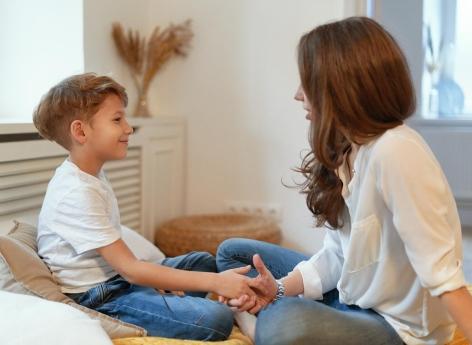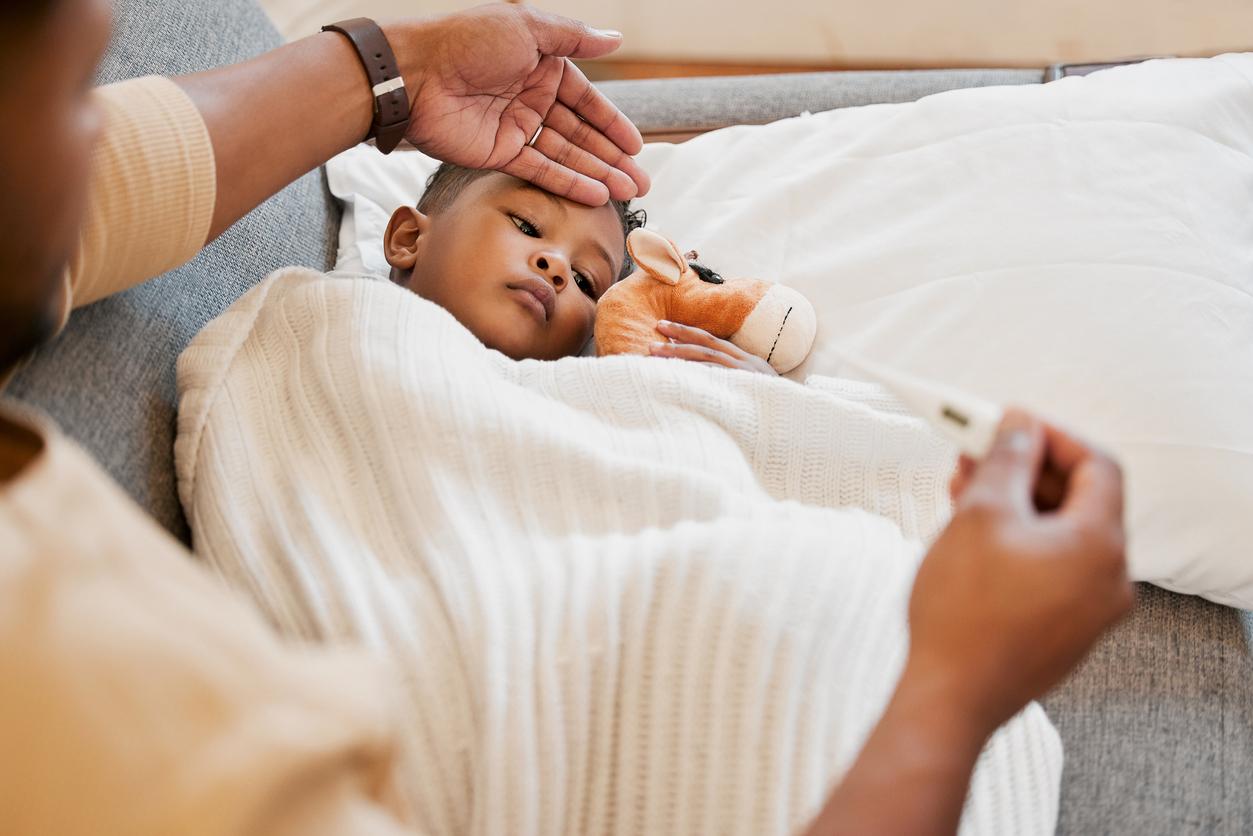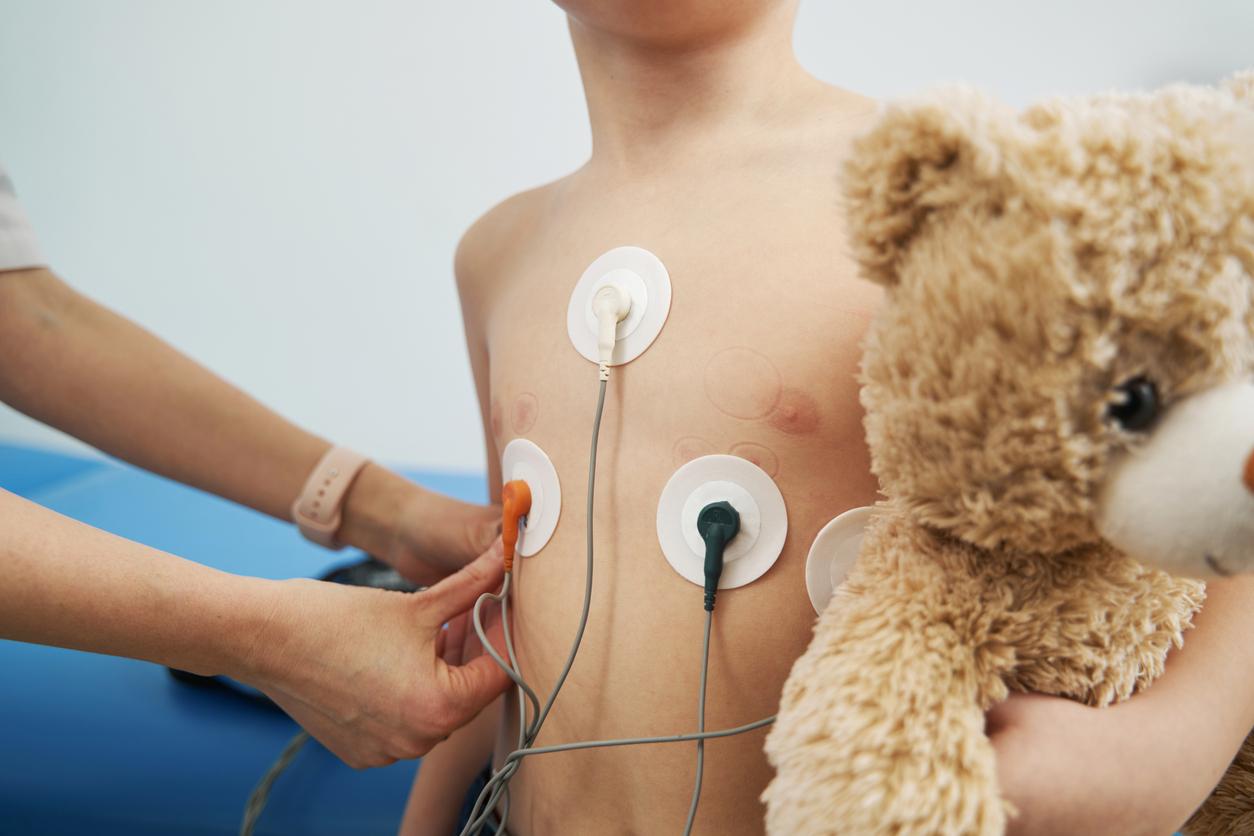School phobia can greatly impact a child’s academic and social life, but there are steps that can help them overcome their anxiety.
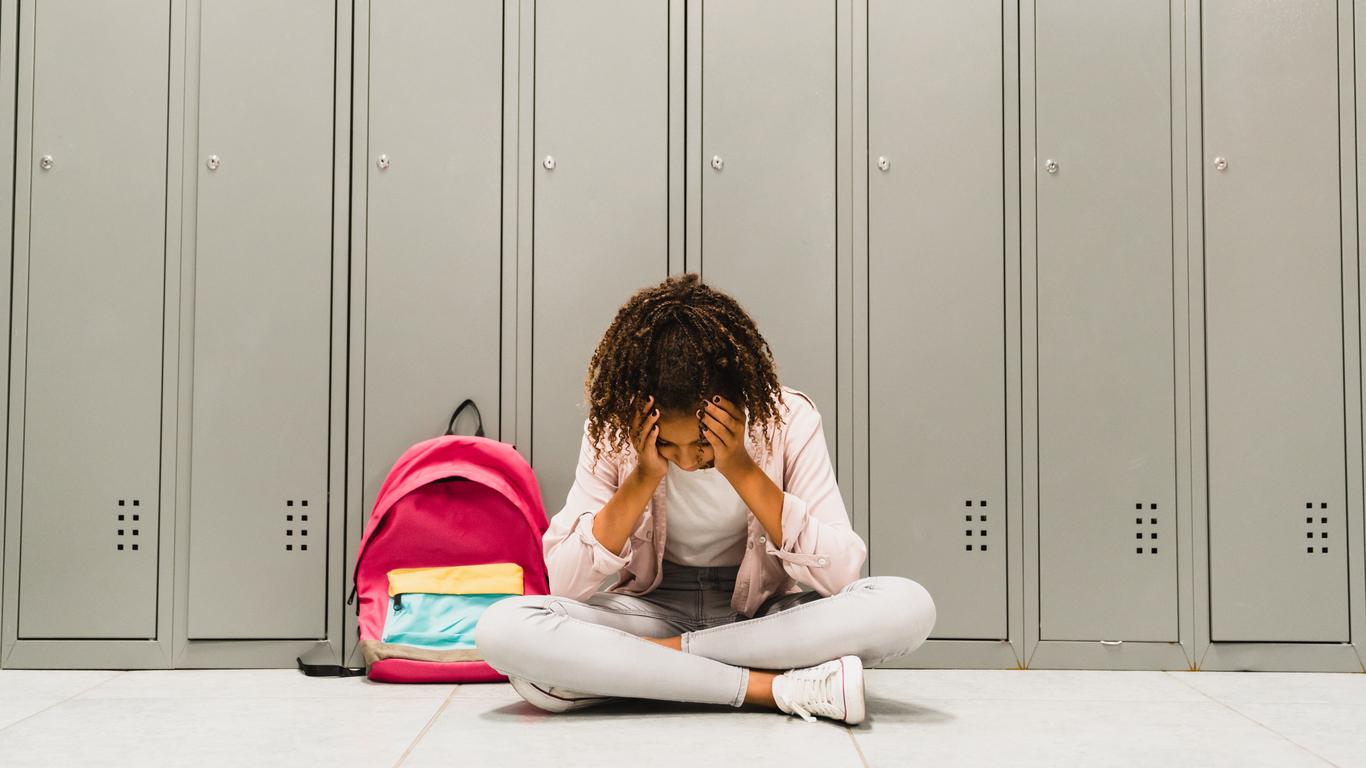
- About 5% of students develop school phobia, most often between the ages of 5 and 11.
- Experts advise getting into the habit of talking to your child about your day every day to have an open dialogue and spot signs of anxiety.
- Do not hesitate to ask for help from teachers or health professionals if your child suffers from school phobia.
Crying, stomach aches, migraines, refusal to go to class… Getting your child ready for school is a real battle. While it is normal to feel nervous from time to time, it should raise questions if the anxiety persists. Beyond two weeks, it may be school phobia. About 5% of students develop this disorder, most often between the ages of 5 and 11.
Pediatrician Dr. Ellen Rome and psychiatrist Joseph Austerman, both experts at the Cleveland Clinic, shared their tips for helping kids manage school-related stress on the their establishment’s website.
School phobia: talking openly with your child
Dr. Austerman believes that communication is the key to a successful school career. Ask your child about his or her day every day. However, instead of the generic question “how was your day”it is best to be specific for Dr. Rome. For example, asking “What was the best part of your day? What was the worst part?”, “Yesterday you said you were worried. How did it go?” or “What new thing did you learn today?”
However, be careful not to turn this moment into an interrogation. That would be counterproductive. For Dr. Rome, the best way to get a child to open up is… to set an example by also telling them about their own day.
“You can share with them how you handled stressful times in your own life. Through these conversations, your child can understand that stress is a part of everyone’s life, and they can learn some coping skills from you.”The other tip from the expert is to enjoy the journeys. “Use your car as a communication vehicle,” she recommends. “Children may feel it’s safer to talk to a parent while they’re driving and not looking directly at you. This allows for informal conversation.”
She adds that it is important for the child to know that you are there 100%. “When your child wants to talk, even if it’s an inopportune moment, put your phone away. Not only does this help you give them your full attention, it also shows good behavior.”
A Good Sleep and Morning Routine to Reduce Anxiety
Experts point out that sleep plays a vital role in regulating stress and emotions. And this is also true for children. It is therefore important to ensure that they get enough sleep. Between the ages of 6 and 12, they should sleep between 9 and 12 hours per night. For teenagers, the goal is between 8 and 10 hours. To help children fall asleep, the advice is the same as for adults: avoid the caffeine present in sodas and energy drinks, turn off screens an hour before bedtime and keep electronic devices out of the bedroom.
“Getting ready for the day can be difficult for many people. And for some children and families, mornings are the most challenging time. And chaotic mornings can fuel anxiety and nervousness about the day ahead.”the two specialists remind us in their article. To avoid this, the solution is prior planning. “Help them establish a morning routine and stick to it. This might mean deciding whether they’re going to shower in the morning and a plan for how they’re going to get to school. Having a reliable routine can help your child mentally prepare for the day.”they add. To save time, it may be a good idea to prepare your clothes and schoolbag the night before.

School phobia: don’t hesitate to ask for help
If you notice that your child is showing signs of anxiety about going to school, do not hesitate to talk to their teacher or the school counselor so that measures can also be put in place during lessons. “Establishing communication with teachers and others at school helps create a support system for your child.”assures Dr. Austerman.
If school phobia persists despite reassurance from parents or teachers and disrupts the child’s academic and social activities, it is best to seek advice from psychologists or therapists who specialize in treating children.



